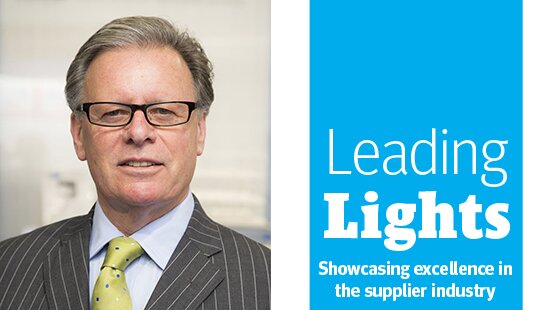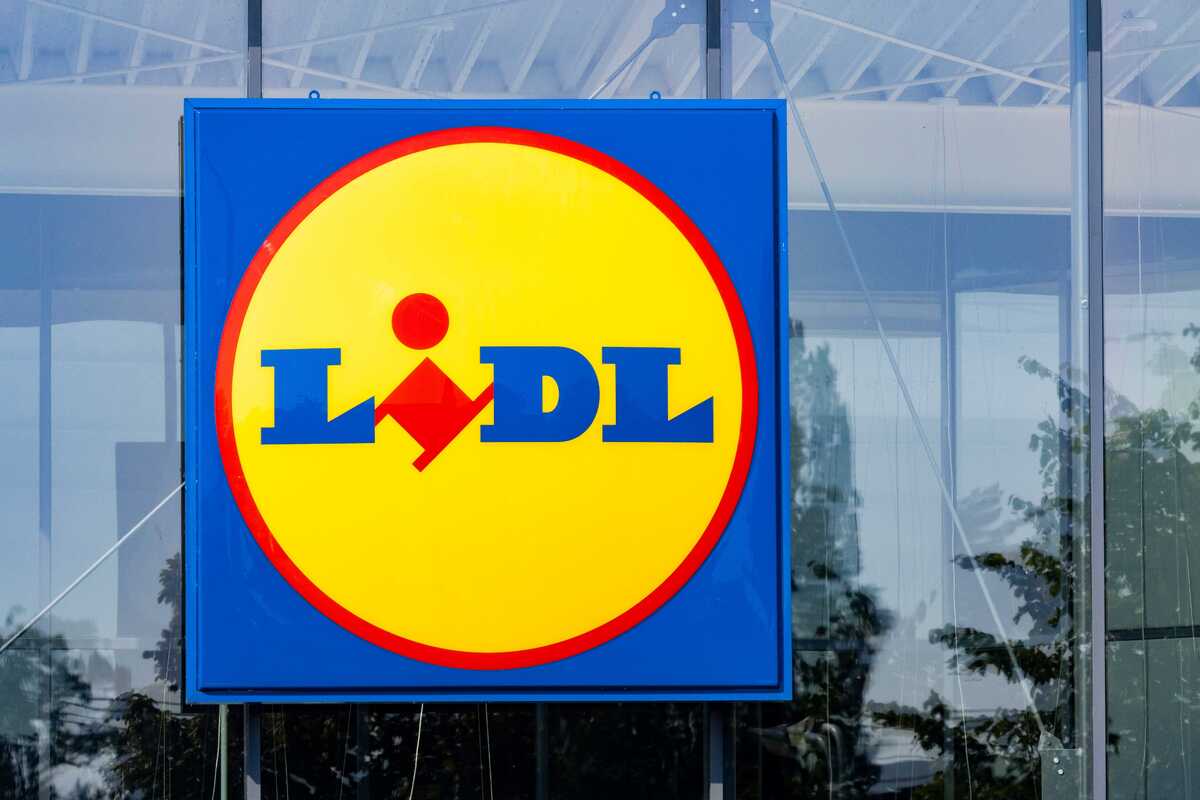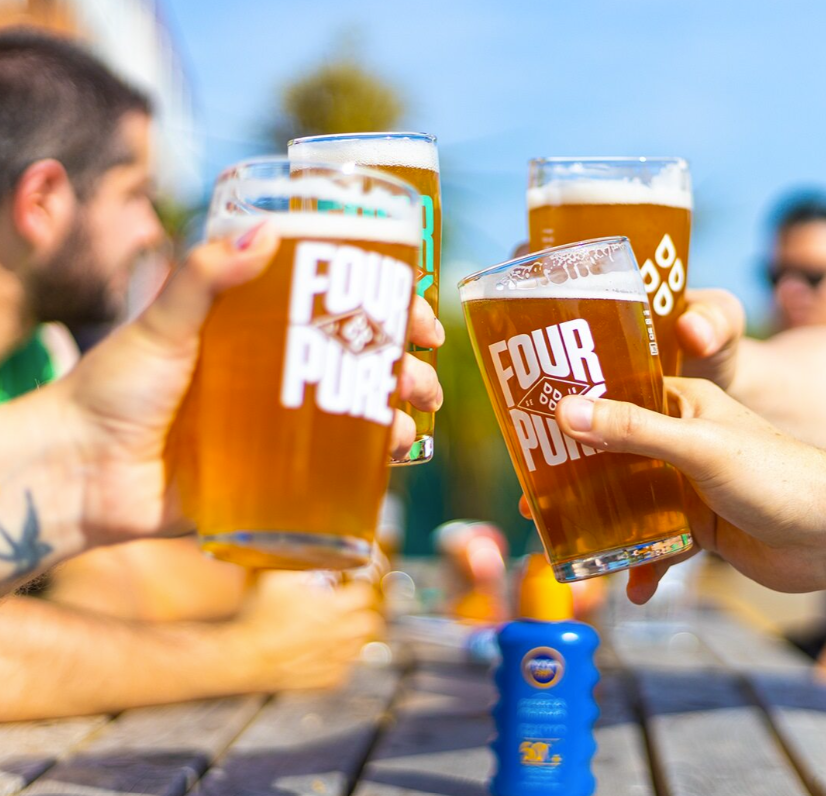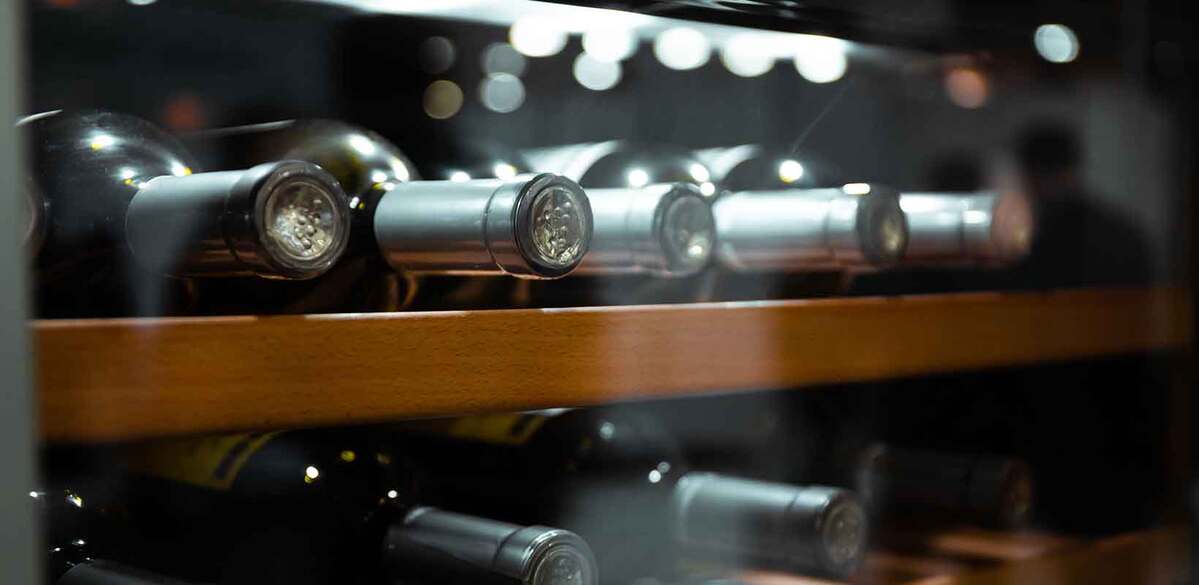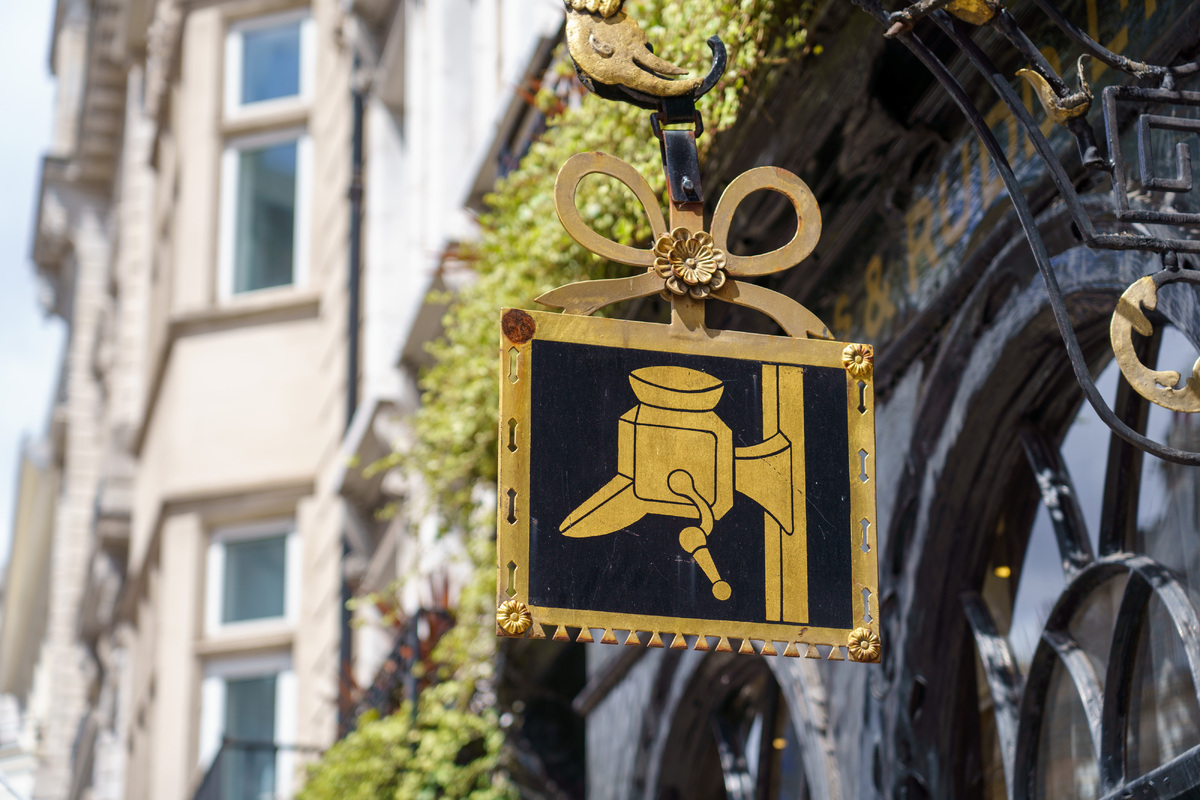Leading lights: David Smithson, chief executive, Winterhalter UK
David Smithson is the chief executive of warewashing system specialist Winterhalter UK, and was responsible for the original acquisition of Classeq in 2004. He was the recipient of the Outstanding Service to the Catering Equipment Industry award in 2014, presented jointly by CESA and The Caterer, and held the role of CESA chair from 2001-2002.
Here he talks to Lisa Jenkins about what he's learned during his career and how he's left his mark.
How did you first become involved with the world of catering?
I started at the bottom by taking a catering management course at Bournemouth University. I then worked in Sweden and France as a commis and sous chef before returning to the UK and running a restaurant in Bristol for Keith Floyd. There was never a dull moment, but it was less great for the liver!
You have been instrumental in the development of Winterhalter
My aim was to position the company as a specialist in warewashing with an exemplary after-sales service operation. I wanted to employ colleagues with an entrepreneurial mentality and maintain a âfeet-on-the-ground' approach, while keeping a wide perspective of industry trends and future R&D requirements.
We have a family ethos that permeates throughout the organisation with clear, concise, flat communication lines.
What are the biggest demands on suppliers?
It's vital that the product does what it says on the tin and, fundamentally, gets everything right first time, with utmost speed and efficiency. If it goes wrong, we need to be there before the customer calls (which is a reality). It's not just the initial price but life costs that demand a holistic solution and, when done correctly, this is what puts you ahead.
How have the industry's expectations changed?
With the growth of restaurant brands and food and drink development, there is a demand that a glasswasher or a dishwasher should be multifunctional and use as little energy, water or chemicals as possible, while also being operator-bulletproof and with an all-incorporating service plan. Basically, more bang for your buck.
What has been the biggest change in the industry during your career?
It will come as no surprise to The Caterer's readers that, without a doubt, the internet is the single biggest change. It touches every facet of the hospitality and catering industry: be it booking a restaurant or hotel, door-to-door food delivery, menu analysis, light and heavy equipment comparison and the purchase of equipment at the touch of a button that can be installed the same day.
How can we encourage more people to work in the supplier side of hospitality?
The hospitality industry by 2025 is predicted to be worth 10% of UK GDP at £257b and employ nearly four million people. I would encourage anyone to gain new skills as so much can be achieved with such a diversity of opportunities. Personal development is there in abundance if you wish to take advantage.
We make a point of employing sales and marketing personnel with hands-on hospitality experience as they have empathy with the operator.
Who in the industry inspires you?
A lecturer at Bournemouth, Willy Bode, encouraged me to work abroad and gain experience in the kitchen rather than throw myself into the management side.
There's also Jim Swithenbank at Hobart, as well as entrepreneurial operators like Iain Nield and Jay Travis, Robbie Enthoven and Robin Hutson, who I've seen build a brand ethos first-hand.
Michel Bourdin of London's the Connaught hotel is a wonderful chef and gentleman and demonstrated the best way to grow talent.
David's top tips
If you don't know the answer, say so.
Never overestimate your worth.
You have never got an order until it has been paid for.
Be prepared for Brexit, whatever may evolve. Running a business in this environment will test how resilient and intuitive we are, but get the basics right and have a Plan C.
Leading Lights is a new series showcasing excellence in the supplier industryÂ
Get The Caterer every week on your smartphone, tablet, or even in good old-fashioned hard copy (or all three!).



